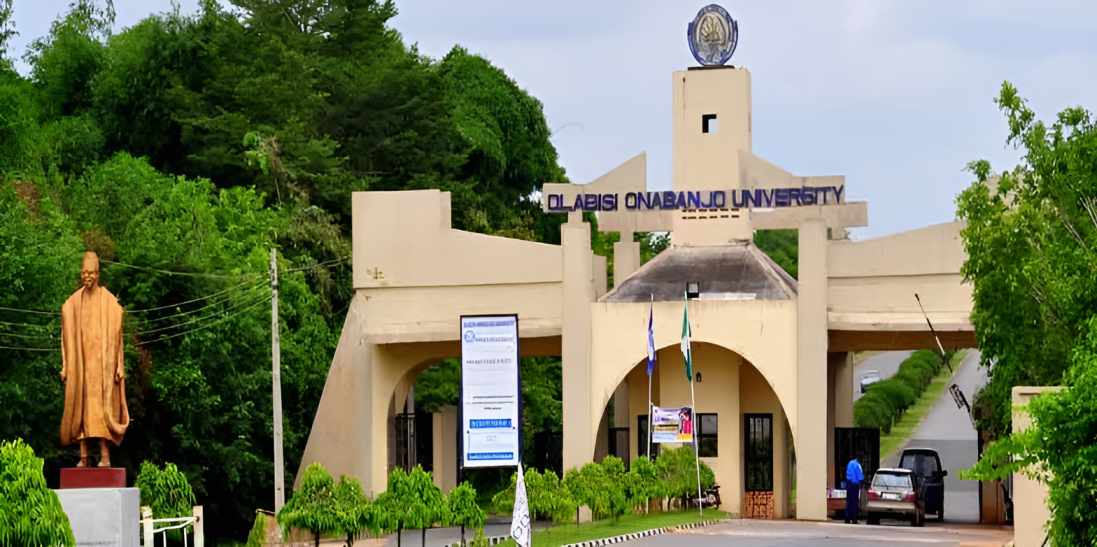Outrage as female students subjected to bra checks at Nigerian University

Olabisi Onabanjo University staff were seen touching students in a move described by critics as invasive and sexist.
A Nigerian university is facing widespread backlash after a video surfaced online showing female students being physically checked to determine if they were wearing bras before being allowed into an examination hall.
The video, which has gone viral, shows female staff at Olabisi Onabanjo University in Ogun State touching the chests of students as they queue for exams.
The incident has drawn strong criticism from human rights groups and students, who have described the practice as invasive and degrading.
The university is yet to issue an official statement, but Muizz Olatunji, president of the students’ union, defended the enforcement as part of the university’s dress code.
He said the policy aimed to promote “a respectful and distraction-free environment” and encourage modest dressing. He acknowledged, however, that the current method of enforcement needed to change.
“We have engaged with the institution to explore alternative approaches to addressing indecent dressing, focusing on respectful and dignified interactions between students and staff,” Olatunji said in a post on X.
The dress code, published by the union, bans clothing “capable of making the same or opposite sex to lust after the student in an indecent manner.” Critics say the policy is outdated and discriminatory.
A senior official at Human Rights Network, Haruna Ayagi, warned that students could take legal action against the university.
“Unwarranted touches on another person's body is a violation and could lead to legal action. The university is wrong to adopt this method to curb indecent dressing,” he said.
One student, who asked not to be named, told the BBC that despite not being a religious institution, the university enforced a strict moral code and often subjected students to clothing checks.
The university, founded in 1982 as Ogun State University and renamed after former governor Olabisi Onabanjo in 2001, is now under pressure to respond to the growing public outrage and calls for reform.
